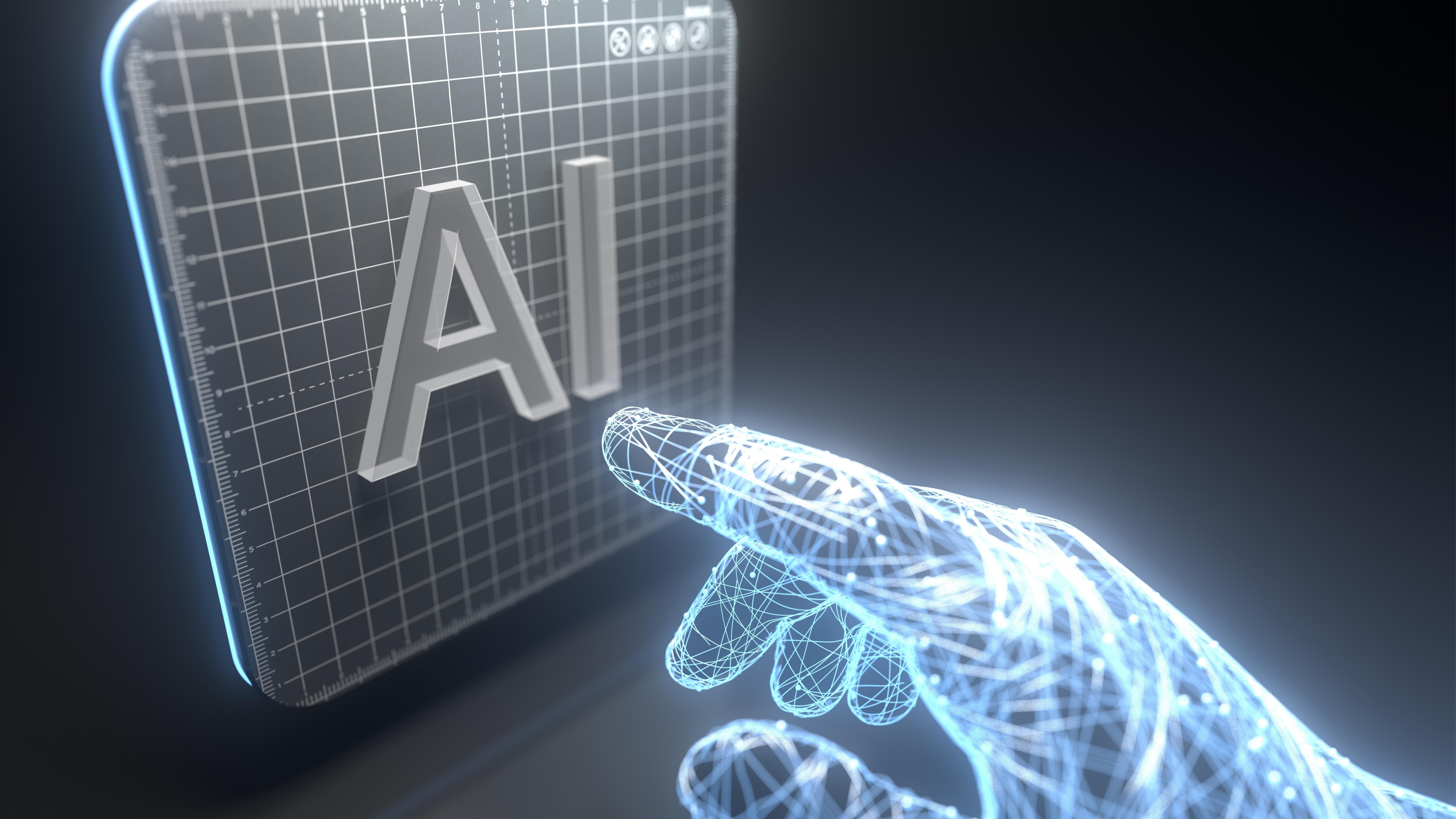5 myths about AI
Automation yes. Job loss no. We show what AI really brings to recruiting - and what it doesn't.

They are called Siri, Alexa or Cortana. They play music automatically. They guide us on the fastest route to our destination. Or they memorize the shopping list for us. In short, they make our lives easier, the little AI helpers. Just three of the countless fields of application for self-learning technologies. Artificial intelligence (AI) has long been a reality in our everyday professional and private lives. But AI is by no means new. The term was coined back in 1965 by professor and programmer John McCarthy from Stanford University.
What is AI? And what is not?
Put simply, AI is a branch of computer science that deals with the machine automation of intelligent behavior. Artificial intelligence is a mix of many different methods such as machine learning, neural networks and logic. This enables intelligent computer programs, for example, to solve tasks INDEPENDENTLY that require a form of human intelligence. There are also many different types, such as conversational AI, cognitive AI or generative AI. However, AI is not the same as human intelligence - even if the term incorrectly suggests this.
But why is AI suddenly on everyone's lips today? It's quite simple. On the one hand, there is the constantly growing amount of data; on the other hand, the numerous advantages of AI are more important than ever in today's VUCA (volatile, uncertain and complex) world. Whether in medicine, the automotive industry or science, AI is helping to save resources and optimize processes in numerous fields. AI has therefore quickly become a trend, with more and more companies using innovative AI systems. And in recruiting?
Paradoxically, some AI myths persist in the recruitment industry that prevent companies from fully exploiting the potential of self-learning technologies. Why is this the case? And what is really true about the narrative surrounding AI in recruitment? We put five persistent myths to the test.
Myth 1: AI replaces recruiters
The classic - and yet wrong. Completely wrong. Because AI does the opposite. AI does not replace recruiters, but allows them to do their job better. And that is urgently needed. Because in times of an ever-increasing shortage of skilled workers, recruiters are the key position for attracting talent. Sounds great. But it's not an easy task at the moment. This is where AI comes into play. AI helps recruiters by expanding their skills, relieving them of repetitive tasks, automating processes and thus improving efficiency.
So, YES, AI takes over tasks from recruitment. Data is automatically scanned and updated according to filter criteria, employment contracts are created in seconds and questions in the application process are answered via chatbot. In short: routine tasks are eliminated. NOT the recruiters. Instead, AI recruiting leaves time for the essentials - the candidates. Is the cultural fit right? What is the candidate experience like? How do we optimize the time-to-offer rate? Thanks to optimal AI support, recruiters can concentrate on their actual job - inspiring, empowering and supporting people.
Myth 2: AI works wonders
Um, no. Of course not. How could it? AI is made by humans for humans. AI does not make the search for suitable applicants utopianly easy. Nor does AI create a perfect match at the touch of a button. However, self-learning technology can work small miracles at numerous points in the recruitment process, for example in matchmaking, where data from CVs is automatically transferred to the database using AI. AI can also create job advertisements extremely quickly and publish them in many, many places. Keyword: multiposting. AI also supports scanning by suggesting candidates from a database who might be suitable for the vacancy according to predefined criteria.
Myth 3: AI is super complicated
Wrong. Wronger. Am... Well, not right! Because neither chatbots nor AI tools need to be complicated to make a difference. Rather, AI tools in recruiting were developed to simplify the recruiting process - not to complicate it. Optimal user interface design, intuitive functions, seamless APIs or even - as in our case - virtual recruiting assistants: So everyone - really everyone - can use AI to optimize recruitment, even without an IT background. So where does this widespread misconception come from? We can only guess what the cause is. Working with our partner companies in the staffing industry, we have found that it is the change in the status quo that can lead to uncertainty or reservations in the initial phase. This is normal. And it affects many recruiters. That's why we work side by side with our partner companies, providing individual training, personal induction and plenty of practical experience. As a result, all doubts disappear after just a few days and AI significantly increases productivity. In this context, it is also exciting that recruiters see daily collaboration with intelligent software as a career accelerator. Why is that? Because they are better than before.
A little tip: work with a software professional who is close at hand, because short distances and working together as equals are a great advantage in day-to-day business. Just like AI made in Germany. Keyword: DSGVO & Co.
Myth 4: AI is only for large companies
So you guessed right! Also wrong. It may be that large companies were the first users in the initial phase and contributed to the further development of AI tools. But since the scalability of AI and the flexible and individual price-performance options, AI has been accessible to all companies in the staffing industry. Many of our partners are medium-sized companies, some of which are owner-managed. They benefit from AI because it allows them to compensate for the difference in size compared to large corporations. Thanks to AI, they have comparable conditions and can achieve significant efficiency gains that would not have been possible before AI. However, there is a difference in terms of company size: corporations are more willing to experiment - also due to larger resources - which in turn has an impact on the development of AI. Our appeal to SMEs: Have the courage! When dealing with technology, a trial-and-error mentality is needed in order to shape - instead of being shaped.
Myth 5: AI will soon be out(-of-scope)
Finally: also wrong! AI has come to stay. So sitting it out, burying your head in the sand and waiting it out is not a good idea. The fact is, AI is not a brief hype or a passing fad. AI will continue to gain influence in recruiting over the next few years. The AI recruitment market is expected to grow from just under 208 billion US dollars in 2023 to almost two trillion US dollars by 2030. The rapid and continuous progress in AI development and its increasing penetration into everyday life suggests that the technology's potential is far from exhausted. Further benefits such as improved efficiency and candidate experience can be expected. The sooner companies integrate AI into their recruiting processes, the faster they will benefit from the potential ... and win rare talent ahead of the competition.
Conclusion: Recruiting is tough, laborious and sometimes tough. That's why recruiters need as much support as possible. For this reason, more and more companies are using
artificial intelligence. Because the hand-in-machine synergy between recruiters and AI leads to more efficient and personalized recruitment processes.
Curious? Then try it out here! Keyword: trial-and-error mentality...
+49 611 262486 40
sales@staffitpro.com
Mo.-Fr. 08:30 - 17:30 Uhr
+49 611 262486 80
support@staffitpro.com
Mo.-Fr. 08:30 - 17:30 Uhr


